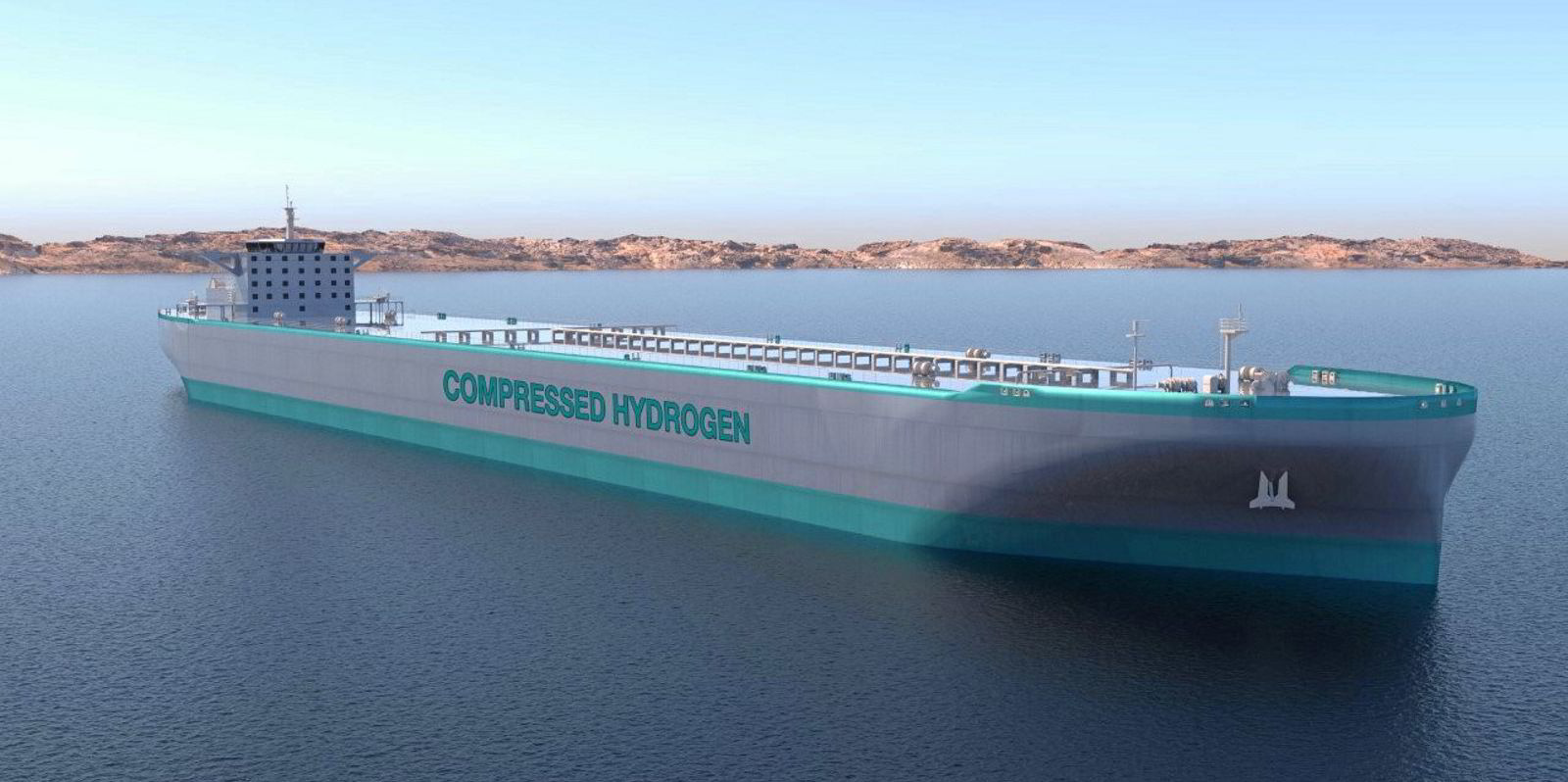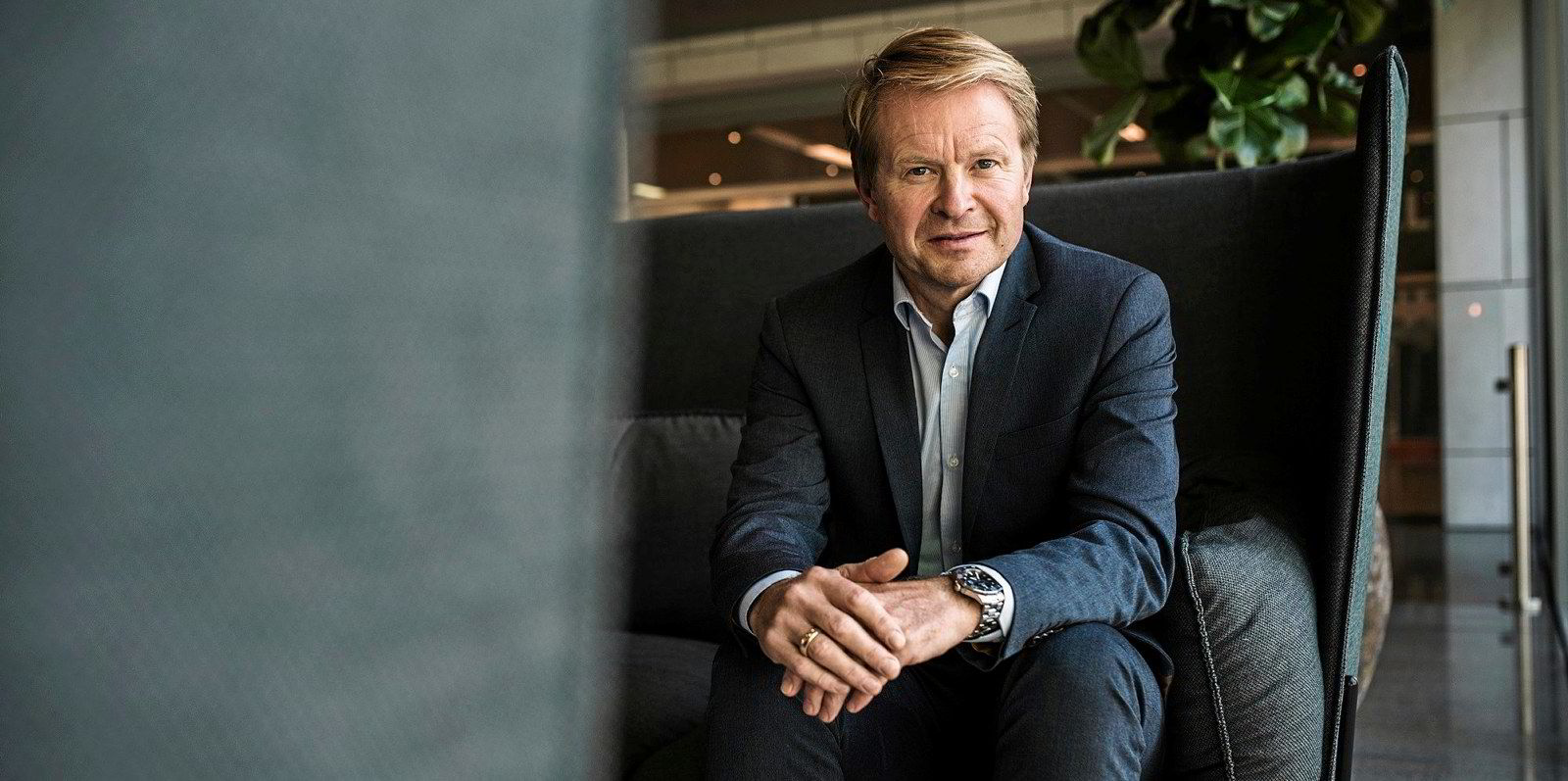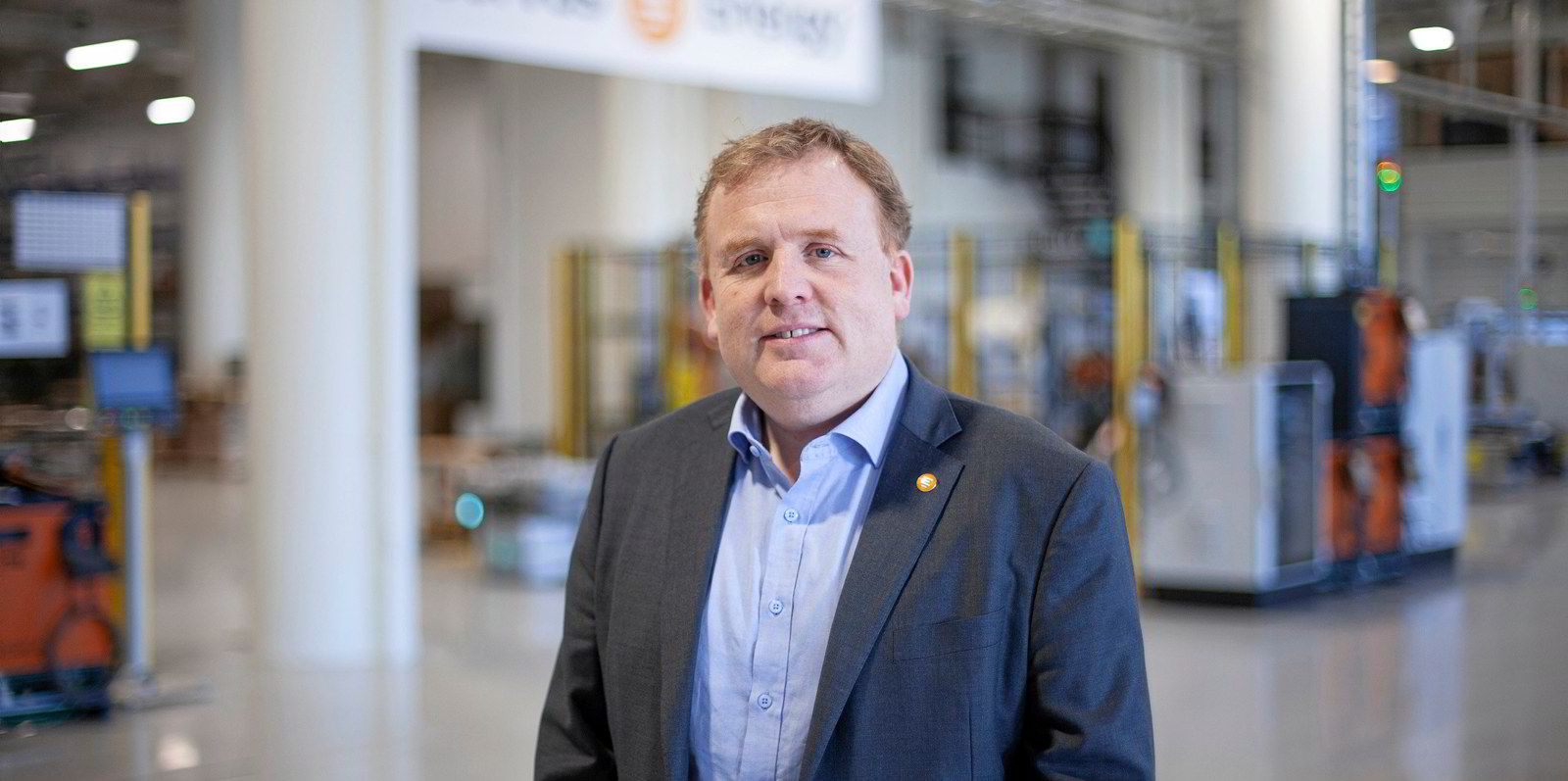Growing interest in hydrogen fuel cells has been demonstrated again with two new development deals announced this week.
Australia's Global Energy Ventures (GEV) has signed a cooperation agreement with Canada's Ballard Power Systems to develop a fuel cell for GEV's planned new C-H2 compressed hydrogen ship.
The companies said work will take place to power the C-H2 using compressed hydrogen from the vessel's storage tanks, providing a zero-emission marine transport supply chain.
Approvals will be sought for the propulsion system, while the project is costed by both partners.
GEV executive director Martin Carolan said the agreement is a significant step in the vessel's development.
He believes hydrogen fuel cells are now at the forefront of zero-emission technologies for shipping.
Shipping options explored
Last month, GEV clinched a four-year agreement to explore hydrogen shipping with domestic producer Pacific Hydro.
This includes the production, storage, loading, ground and marine transportation of green hydrogen produced by Pacific Hydro’s Ord Hydrogen Project.
GEV completed its C-H2 design in December last year.
The proposed vessel will have a 2,000-tonne (23-cbm) capacity, which GEV described as "large".
Meanwhile, Norwegian technology company Teco 2030 has a signed a cooperation deal with Thecla Bodewes Shipyards in the Netherlands for zero-emission vessels.
The two sides will develop hydrogen-based fuel-cell propulsion on tugs, dredgers, passenger and cargoships, and small coastal vessels.
"This is the platform for potential joint projects to develop efficient and safe hydrogen fuel-cell river vessels, including manufacturing, installation, testing and common marketing," the companies said.





